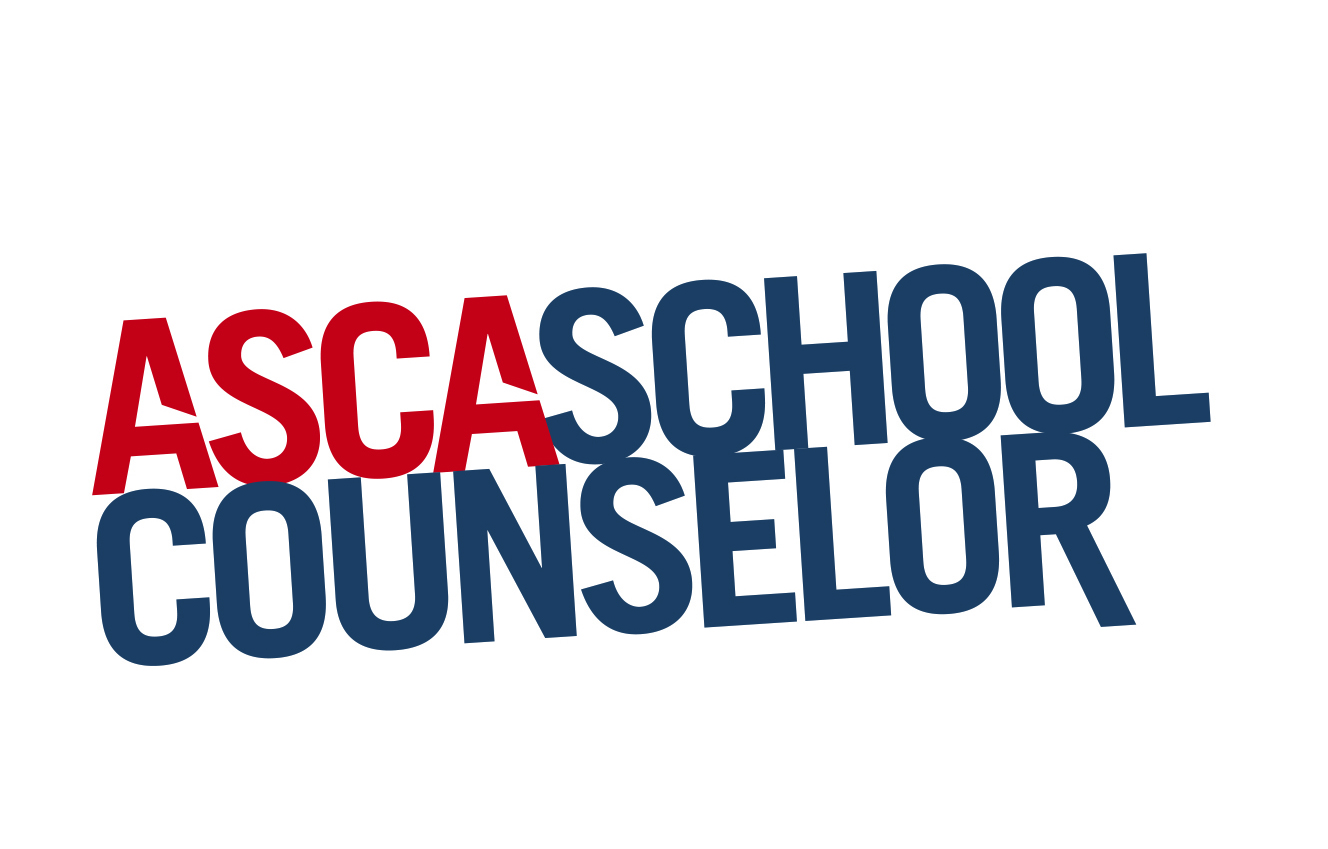Case Notes and Guardian Rights
Author(s): Rhonda Williams, Ed.D., LPC, NCC
January 1, 2008
Q: If I’m keeping personal notes on my student caseload and then decide to leave my current school, are the notes considered the school’s property or are they mine to take with me and/or dispose of?
A: In the age of accountability and litigation, it is wise to keep case notes, at least for the situations that seem above and beyond the scenarios school counselors typically encounter. Due to time and caseload numbers, most school counselors can’t keep written notes on every child or situation they see on any given day. However, in some cases it’s prudent to document everything you have done to assist in a situation. When documenting any cases, it is advisable to write the notes as if they were going to be read in court.
As for what to do with your case notes when leaving a school, you need to consider how the notes might be classified. The Family Education Rights and Privacy Act (1974) mandates parents have access to a student’s records.
However, there are exemptions for “sole possession records.” Sole possession records are defined as, “[notes] kept in the sole possession of the maker of the record and not accessible or revealed to any other person except a temporary substitute for the maker of the record.”
The four criteria that must be met for notes to be considered sole possession identify that the case notes are: a) a memory aid, b) not accessible or shared in either verbal or written form, c) private, created solely by the individual possessing them, d) observations and professional opinions only. So, your notes could be considered sole possession notes.
Another thing to think about in regard to releasing your records to your successor is to consider what value these notes might have in assisting the student’s success. If case notes help a student receive necessary services, it might be wise to relinquish that information. If a student has been suicidal in the past and the school counselor and parents have been working together to mitigate the depression, it might be worthwhile to let the new school counselor have that information. However, if you decide to release your case notes to the new school counselor, you will no longer have any control over how that information might be used.
Therefore, based on FERPA, it is incumbent on the school counselor to release educational information to the parents of students who are under the age of 18 years old, if so requested. Whether school counselors release their personal case notes is determined by if they are sole possession notes. By turning the case notes over to another school counselor the door is then opened for the notes to be considered as part of the student’s file.
Q: I have a minor student who’s seeing a school-based mental health counselor, and I’d like the guardian ad litemto know, but I’m not sure how much information I can and can’t tell this person. Can you explain a guardian ad litem’s rights? Does this person have access to the same information as parents?
A:A guardian ad litem (GAL) is appointed to represent a child’s best interests and serves as an advocate for a child involved in the court system. Depending on which state you are from, a GAL may be required to have a law degree. All GAL representatives are required to have some type of specialized training and certification. For example, the Florida GAL program Statutes and Rule 8.215, Florida Rules of Juvenile Procedure, indicates that, “The guardian ad litem has the responsibility to investigate and file reports regarding the allegations of the petition and any subsequent matters arising in the case. This report must include a statement of the child’s wishes.”
In Florida, the GAL program works from a team perspective. While many states don’t offer the team approach, the GAL is supposed to systematically examine the situation, including the child’s relevant history, environment, relationships and needs. The GAL will interview family, caregivers, service providers and faculty at the child’s school. To act in the child’s best interests, the GAL needs to have access to all records and information pertaining to the child. The GAL must attend all court proceedings and submit recommendations based on the child’s best interest.
Since a GAL is court-appointed and a representative for the child, any information pertinent to the child’s welfare should be disclosed. Whether seeing a school-based mental health provider is pertinent to the court proceedings will be for the GAL to determine. The GAL should be able to provide a signed information release statement or a petition from the court. However, school counselors should only disclose what is necessary; it’s unwise to include personal opinions, commentary or interpretation of the case.
Rhonda Williams, Ed.D., LPC, NCC, is an assistant professor at the University of Colorado at Colorado Springs and the chair of ASCA’s Ethics Committee. She can be reached atrwilliam@ucces.edu.
To submit your questions for the Legal | Ethical column, e-mail them toethics@schoolcounselor.org

